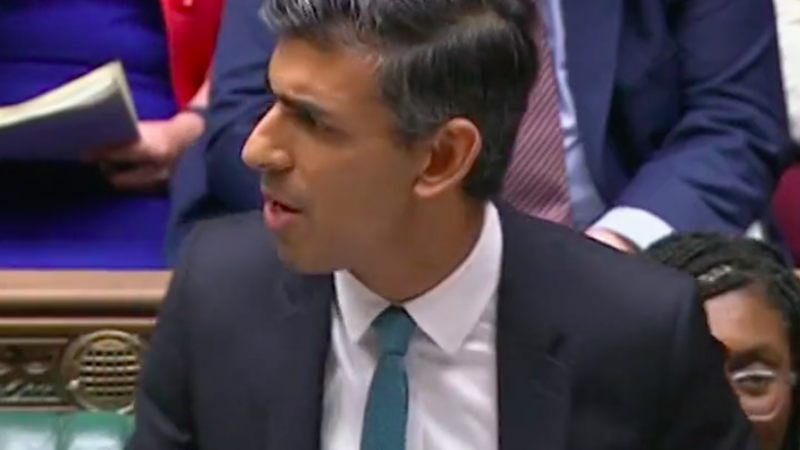Unlike in the private sector, the public sector cannot increase its costs for consumers to make up for the higher wages.

One of the main arguments, or shall we say myths, that the government has pushed out recently against trade unions and public sector workers demanding better pay and conditions amid soaring inflation and a cost of living crisis, is a nonsensical argument known as the ‘wage-price spiral’.
The government and its supporters claim that higher wages for public sector workers, in a tight labour market, would fuel further inflation. With higher wages, employers will also pass on the higher cost to customers in price rises, so the argument goes.
Why is this nonsense? For several reasons. Firstly, because unlike in the private sector, the public sector cannot increase its costs for consumers to make up for the higher wages.
If wage rises were causing inflation, or are the main risk for causing yet further inflation, as is claimed by some, then how do we explain the fact that inflation has already hit a 40-year high, despite wage stagnation.
The argument of the risk of a ‘wage-price spiral’ has also been dismissed by the IFS. Take Ben Zaranko of the Institute for Fiscal Studies, telling the FT: “It is difficult to see how an increase in public sector wages could directly contribute to a wage-price spiral”.
He also went on to add that it cannot be claimed that public sector pay is leading inflation, since it is falling far behind. “Above all, policy on pay will not lower inflation. This demands macroeconomic measures”, writes the FT.
Furthermore, not many workers at all are securing huge hikes in pay. In fact, average annual wage growth across the economy is currently near 6%, while in the public sector pay growth is significantly weaker still, rising at close to 2%, against 6% in the private sector.
What’s causing the current rate of high inflation isn’t wage rises, as the government and its defenders would have you believe, it’s soaring energy prices and profits on behalf of energy companies.
As Economist Professor Mariana Mazzucato told LBC last month: “Inflation has three sources, it can be due to unit Labour costs, which are basically wages, that’s not the current source, there’s no excess demand in the system.
“It can be due to non-unit labour costs, in other words food and energy prices, yes that’s one of the main sources but also excess profits in the system, which allows large companies in mining and in energy, to earn excess profits through very very large mark ups and that is also one of the key sources right now of inflation”.
So, we shouldn’t fall for the myth that wage rises for hard-pressed public sector workers, who are struggling to make ends meet as they face real terms pay cuts, will lead to further inflation.
As the IFS stated: “Higher wages for teachers would not increase the ‘price’ of schooling facing households with children, nor would higher pay for midwives increase the ‘price’ of giving birth in an NHS hospital.”
Basit Mahmood is editor of Left Foot Forward
To reach hundreds of thousands of new readers we need to grow our donor base substantially.
That's why in 2024, we are seeking to generate 150 additional regular donors to support Left Foot Forward's work.
We still need another 117 people to donate to hit the target. You can help. Donate today.



